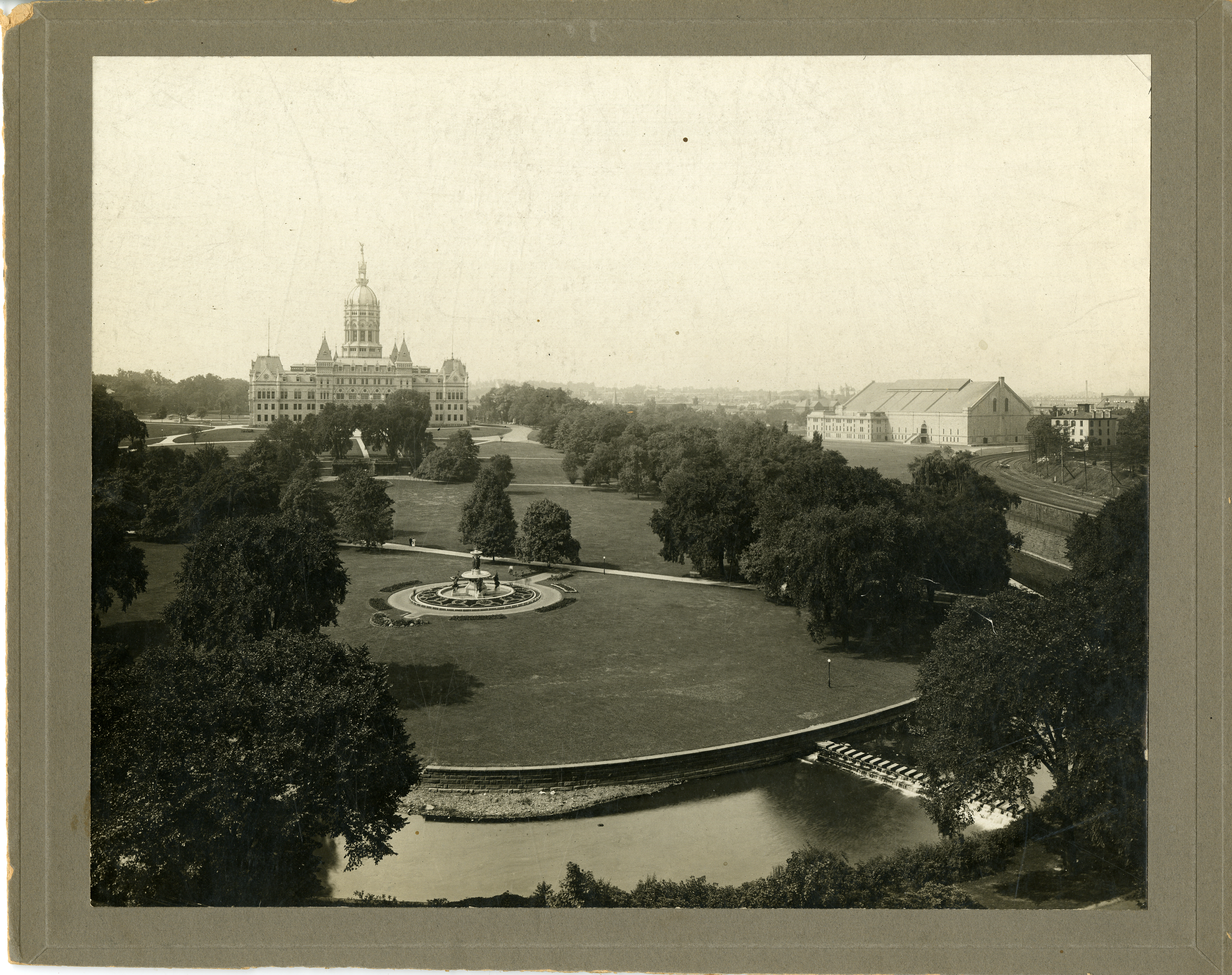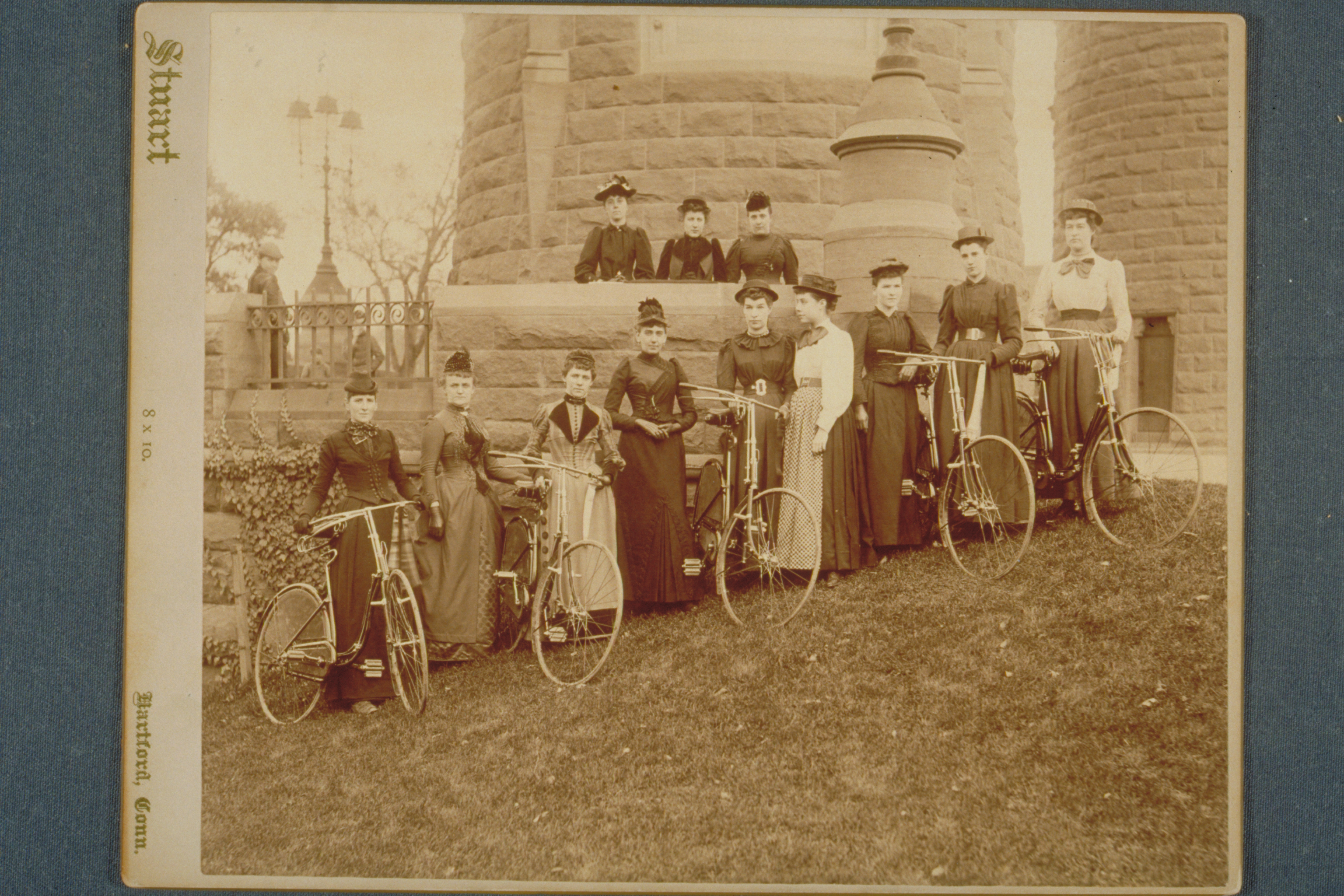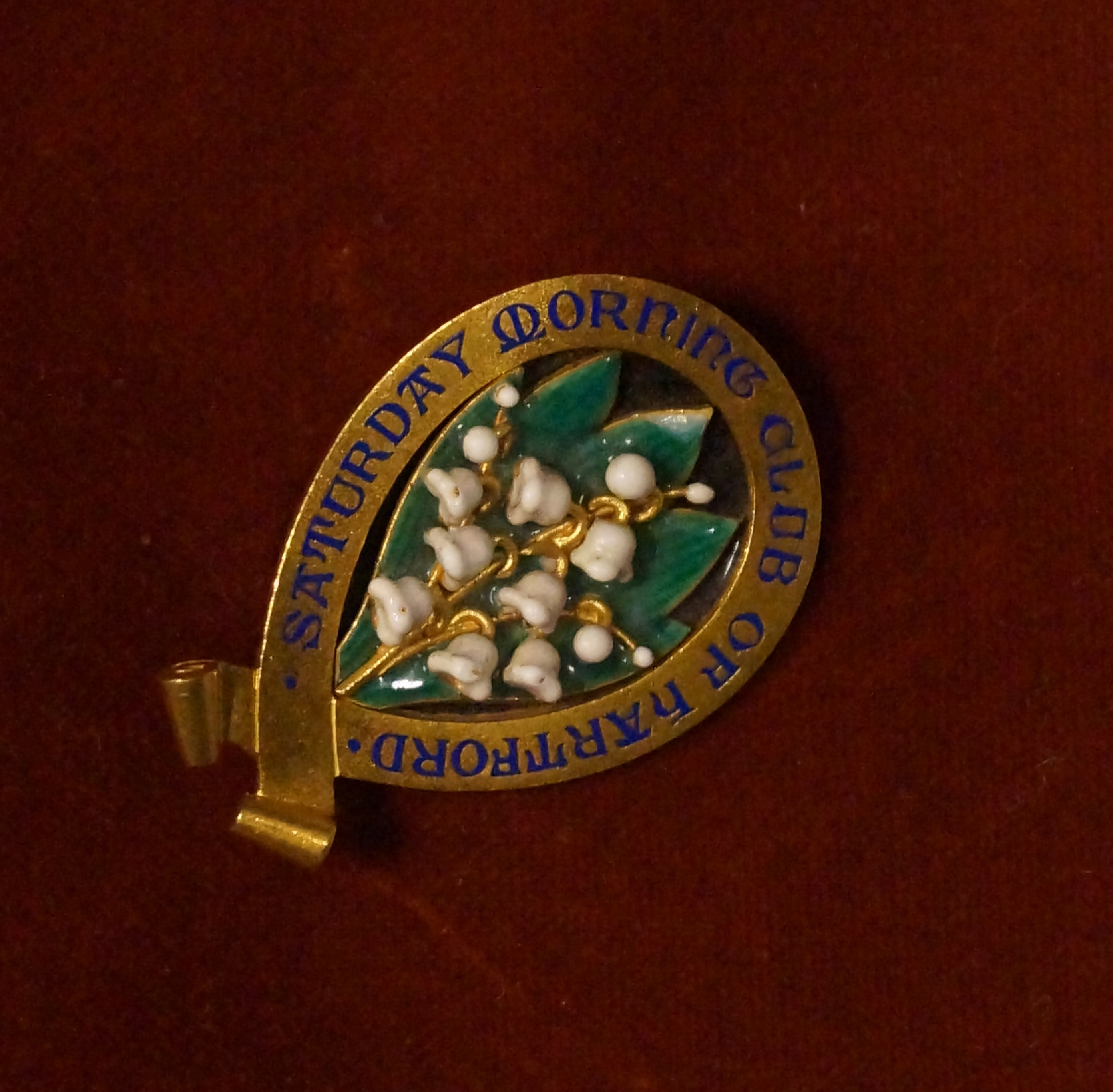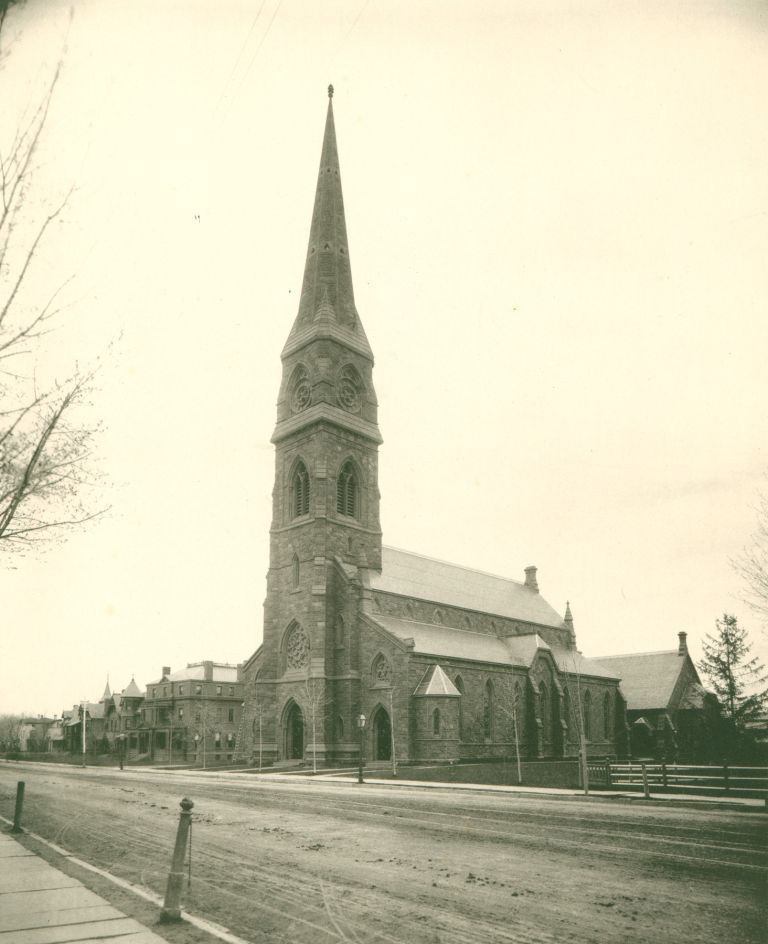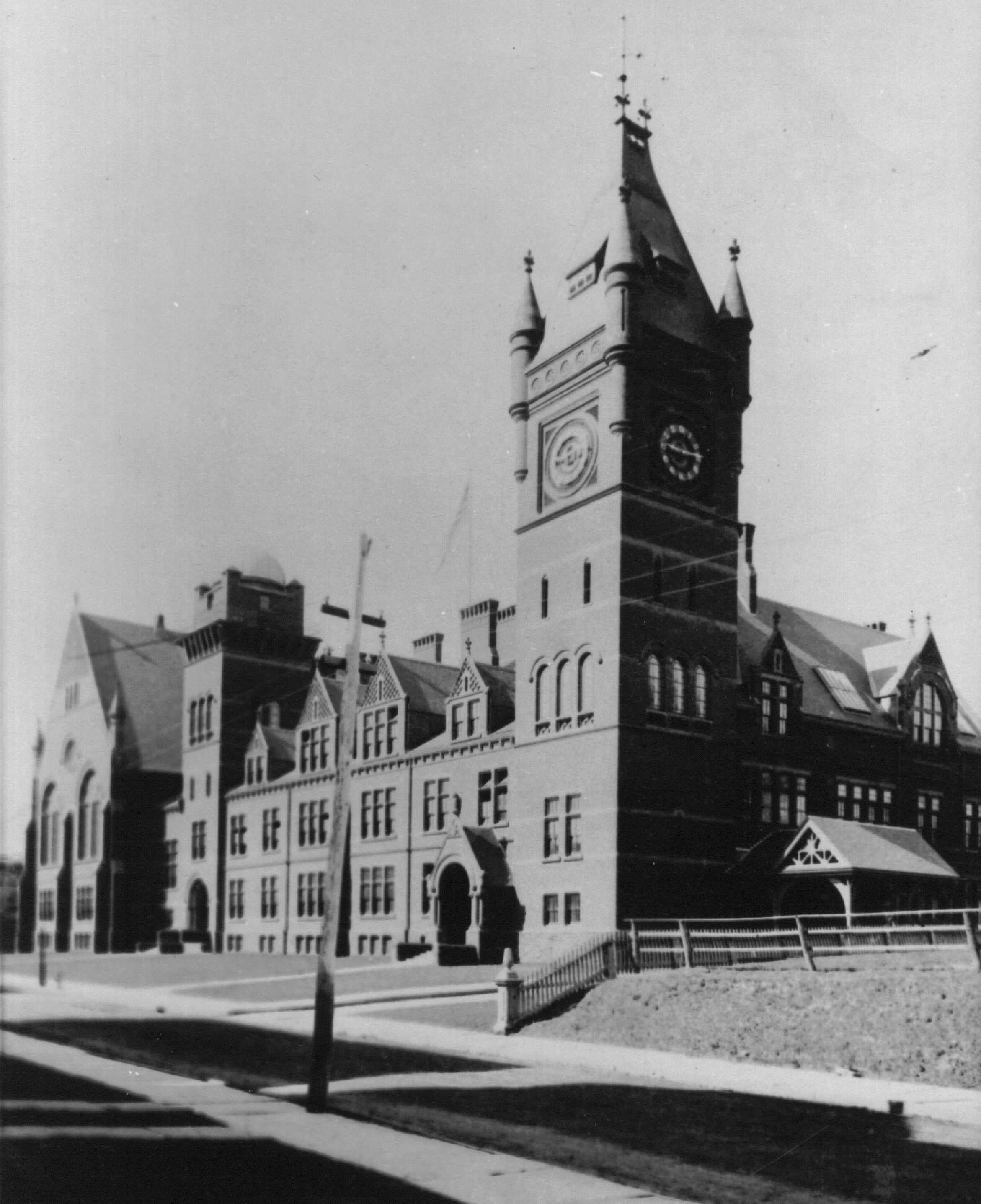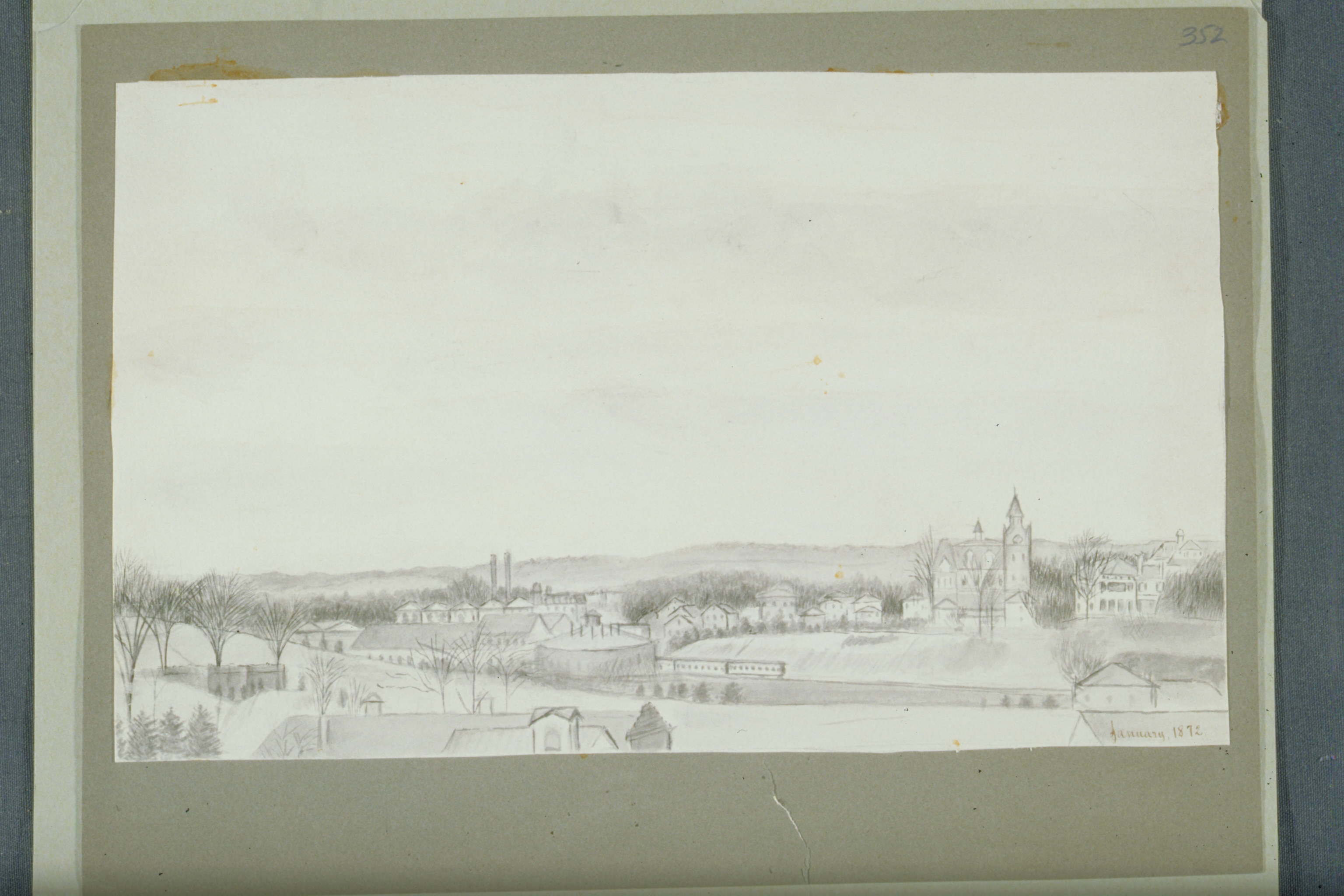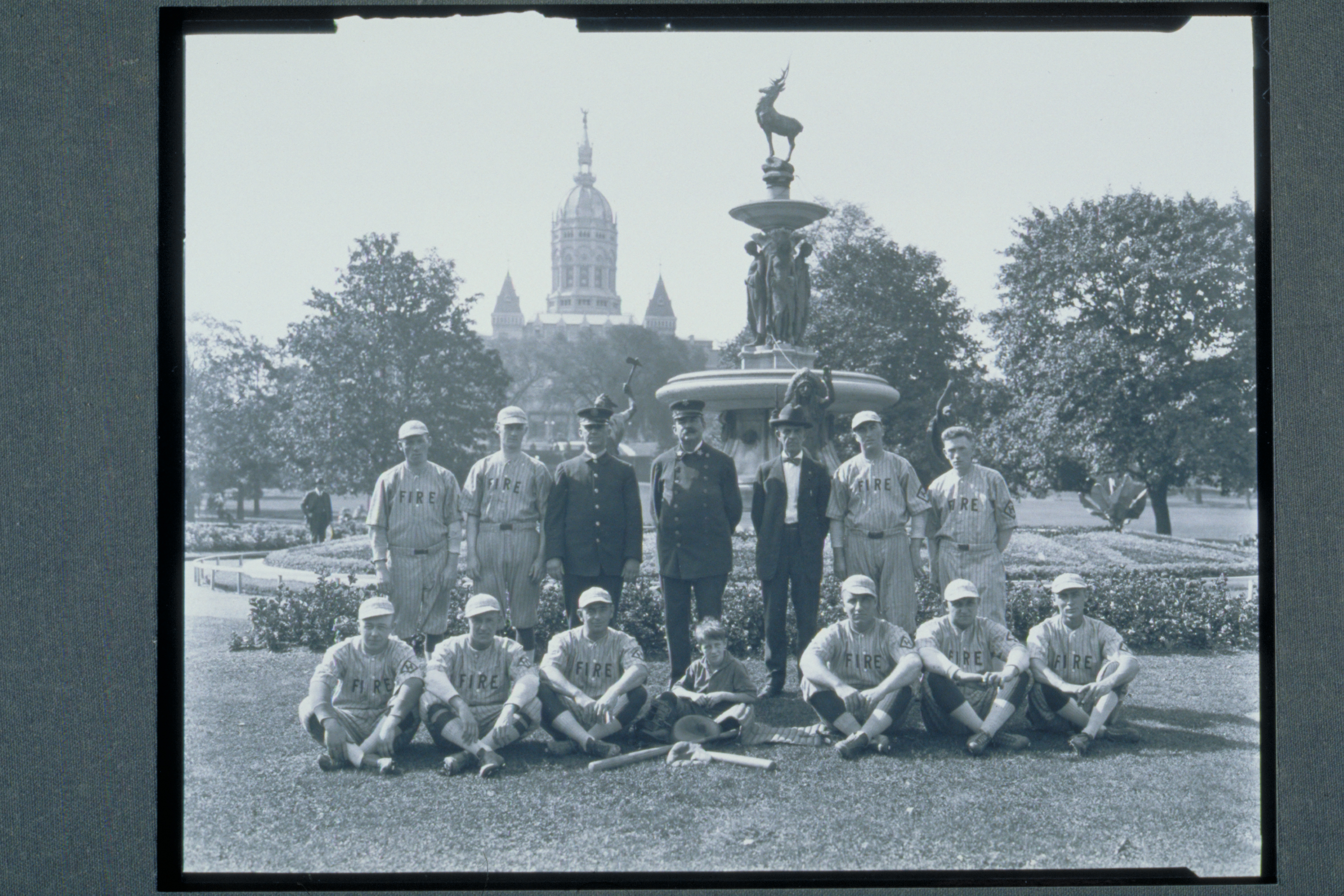Bushnell Park
Bushnell Park is the main greenspace in downtown Hartford, and was the first publicly funded public park in the United States. In the 1850s Hartford was a booming town that brought people here to work in a variety of industries including publishing, insurance, banking, munitions, and manufacturing. And, during this period of rapid industrialization, a movement began to bring curated pockets of nature into cities, like Central Park in New York City, to combat the pollution, poor water quality, overcrowding, and other urban issues.
When Hartford decided to add their own park, they did contact Frederick Law Olmstead, a Hartford Native and friend of Dr. Horace Bushnell, who was pushing for the park’s creation. Unfortunately, Olmstead was busy designing Central Park, but recommended Swiss-born landscape architect and botanist Jacob Wedinman for the job.
Wedinman was hired and created a plan in 1861 that had a distinctive natural style, which featured smoothly sculpted contours and graceful paths leading to focal points like the meandering Park River. The plan included informal clusters of evergreen and deciduous trees, which screened the sites and sounds of the city, a departure from the formal New England town center green.
As part of the plan, Weidenmann selected 157 varieties of Trees and shrubs from North America, Europe and Eastern Asia to grace the park. A total of 1,100 individual specimens were planted, creating a canopy of green covering the Park. Over the years, many important architectural features, such as the Soldiers & Sailors Memorial Arch (1886), the Capitol (1876), Corning Fountain (1899), the Carousel (1974) and the Performance Pavilion (1995) were added, while other scenic elements, such as the Park River and its several graceful bridges, were demolished in the 1940s.
Both when it was created in the 1850s and now, Bushnell Park acts as the main greenspace in downtown Hartford. Bushnell Park serves as a place to gather, celebrate, and relax. Whether it is attending a festival, circus, or lecture, or merely taking a walk or having a picnic, Bushnell Park is a prime location. But this begs the question, who gets to partake in these kinds of leisure activities?
Twain and Grant in Bushnell
On October 14, 1880, Samuel Clemens made his way by train to Boston to meet the former commanding general of the U.S. Army and former U.S. President, Ulysses S. Grant. Clemens made the journey to accompany Grant to Hartford where he was slated to speak on behalf of the Republican presidential nominee that year, James A. Garfield. Grant considered a third term in office, however, he did not secure enough votes at the convention, losing to Garfield. In order to help support his party Grant traveled throughout the country to stump for Garfield by making appearances and speeches.
Many Hartford families prepared for the former President’s arrival by decorating their homes and businesses in a patriotic and festive manner. The Clemens family spent fifty dollars at Fox, Brusselars & Company to decorate their own residence for the occasion. Clemens and Grant arrived in Hartford on Friday so they could rest and prepare for the following day’s festivities. During their journey to Connecticut’s capital city they made a stop in Putnam and Willimantic. At the Willimantic Linen Company the 1,500 employees gathered in front of their new mill and welcomed Grant for his brief visit. They presented him with a cabinet containing various threads that were manufactured at the company’s mills.
Various other prominent Hartford figures including General Joseph Hawley and author Charles Dudley Warner joined Twain and Grant on the final leg of the journey. They arrived in Hartford at noon and took carriages to the Allyn House to gather together before making their way to Bushnell Park where the crowds waited in anticipation. The city was almost at a standstill with most businesses closed and throngs of citizens filling the streets to catch a glimpse of their famous guest. The event’s kickoff consisted of a parade of five thousand, including marching bands, military companies, and various dignitaries. This was followed by a luncheon and formal reception, where Clemens delivered a welcome speech and introduced the honored guest on a stand in Bushnell Park. Clemens spoke as follows: > GENERAL GRANT: _I also am deputized to welcome you to the sincere and cordial hospitalities of Hartford, the city of the historic and revered Charter Oak, of which the most of this town is built._ [Laugher.] _At first it was proposed to have only one speaker to welcome you, but this was changed because it was feared that, considering the shortness of the crop of speeches this year, if anything occurred to prevent that speaker from delivering his speech you would feel disappointed._ [Laughter and applause.] _I desire at this point to refer to your past history. By years of colossal labor and colossal achievement, you at last beat down a gigantic rebellion and saved your country from destruction. Then the country commanded you to take the helm of State. You preferred your great office of General of the Army, and the rest and comfort which it afforded, but you loyally obeyed and relinquished permanently the ample and well-earned salary of the Generalship, and resigned your accumulating years to the chance mercies of a precarious existence._ [Applause.] _By this present fatiguing progress through the land you are mightily contributing toward saving your country once more, this time from dishonor and shame and from commercial disaster_. [Applause.] > _You are now a private citizen, but private employments are closed against you because your name would be used for speculative purposes, and you have refused to permit that. But your country will reward you, never fear._ [Loud applause.] _When Wellington won Waterloo, a battle about on a level with some dozen of your victories, sordid England tried to pay him for that service with wealth and grandeur; she made him a Duke and gave him $4,000,000. If you had done and suffered for any other country what you have done and suffered for your own, you would have been affronted in the same sordid way, but thank God this vast and rich and mighty Republic is imbued to the core with a delicacy which will forever preserve her from so degrading a deserving son. Your country loves you. Your country is proud of you. Your country is grateful to you._ [Applause.] _Her applauses which have been thundering in your ears all these weeks and months, will never cease while the flag you saved continues to wave. [Great applause.] Your country stands ready from this day forth to testify her measureless love and pride and gratitude toward you in every conceivable inexpensive way. Welcome to Hartford, great soldier, honored statesman, unselfish citizen._ [Loud and long-continued applause.]
After this introduction Grant took center stage and stated,
> _"Mr. President, and gentlemen of Hartford: I am very proud of the welcomes that I have received at the hands of my fellow-citizens from San Francisco to Boston; but this is the first occasion when I have been thrice welcomed. So much has been said in the three welcomes I have received that it leaves me little to say, except to disagree with the last speaker at to the character of the American people for generosity._ [Gen. Grant thus referred to remarks of Mark Twain substantially to the effect that 'Republics are ungrateful.'] _I recognize their generosity; and what they have given me is more valued than gold or silver. No amount of the latter could compensate for the courtesy and kind feeling with which I have everywhere been received. I feel you have given testimony to that today, and for that I thank you one and all."_Once the speeches had commenced Grant and his traveling party boarded carriages and were escorted through the city by over 2,000 veterans and soldiers from all over Connecticut, and almost 3,000 members of the Republican campaign clubs of Hartford and the surrounding area. Several distinguished guests were invited to the home of Mr. James G. Batterson for dinner, followed by a reception at the home of General William H. Bulkeley. To cap off Grant’s visit to the city there was a grand torch-light parade, fireworks, electric lights and torches, and a viewing of the decorations that covered Hartford as thousands of people cheered. Grant made his way to Hartford’s Union Station, leaving on the 10:25 p.m. train for New York, tired yet satisfied.
</span></details>
